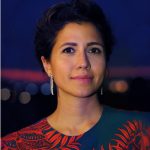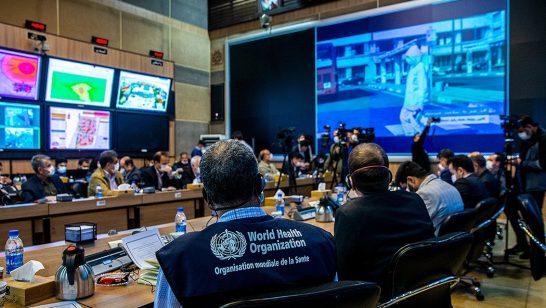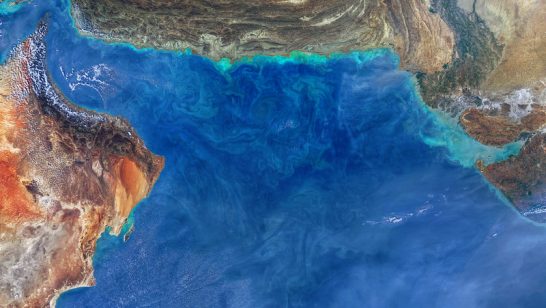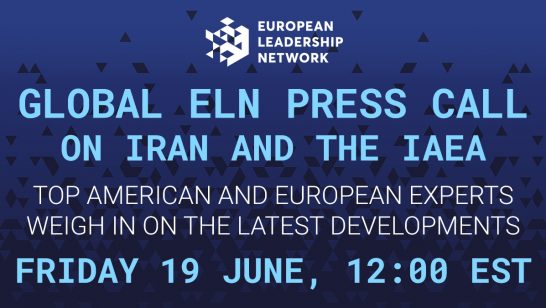
Note: This report is also available in Persian.
The election of a new president in the United States presents the prospect of major changes in US foreign policy, especially toward Iran. Since changes cannot begin to be implemented in Washington until after Inauguration Day in January 2021, an urgent need exists for other players to bridge the gap.
None are better suited to this task than the US’s closest allies in Europe which have already played a significant role in the negotiations that led to the 2015 Joint Comprehensive Plan of Action (JCPOA). Britain, France and Germany – the E-3 – and the European Union have also worked tirelessly to keep the JCPOA alive in the face of the unilateral US withdrawal from the agreement in 2018, the imposition of draconian sanctions by the Trump administration and escalating tensions in the Middle East.
A new report released by the Atlantic Council and the European Leadership Network by Ellie Geranmayeh, Barbara Slavin, and Sahil Shah presents a series of recommendations for the E-3 and the EU to preserve the JCPOA, promote regional peace and development and boost people-to-people contacts with Iran in concert with a potential new US administration. Taken together, these steps would amount to a renewed transatlantic diplomatic agenda through which the United States and European allies can stabilize the nuclear file and then build on the resulting diplomatic momentum to address other concerns with Iran.
To view the launch event held on 18 November 2020 featuring ELN Executive Board Member Federica Mogherini, please click below:
Download the report here in English or Persian
The opinions articulated above represent the views of the authors and do not necessarily reflect the position of the European Leadership Network (ELN) or any of the ELN’s members. The ELN aims to encourage debates that will help develop Europe’s capacity to address pressing foreign, defence, and security challenges.
Image credit: TASNIM News Agency.





